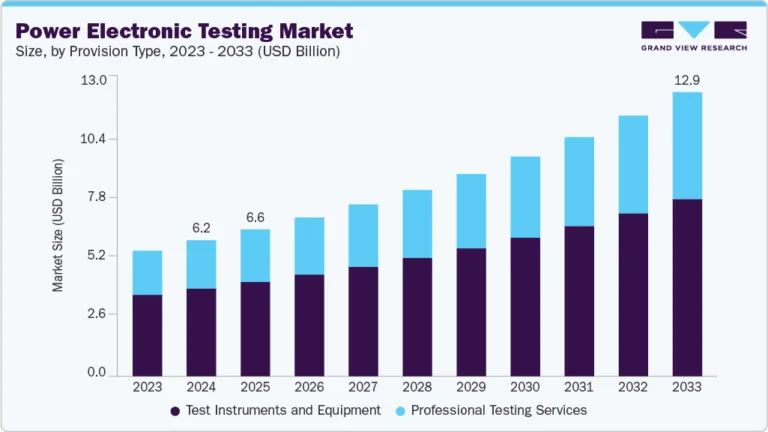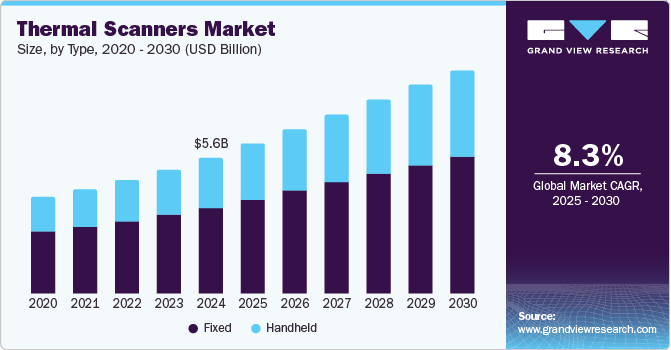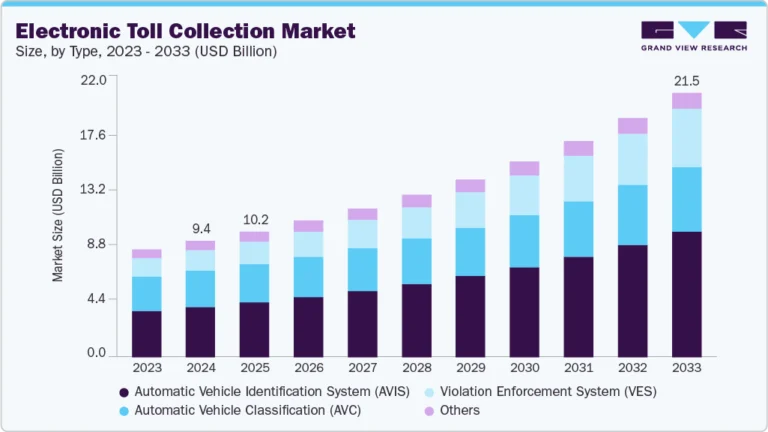Network Engineering Services Market Size, Share & Trends Analysis growing at a compound annual growth rate (CAGR) of 7.5% from 2023 to 2030

The global network engineering services market size was estimated at USD 44.09 billion in 2022 and is anticipated to grow at a compound annual growth rate (CAGR) of 7.5% from 2023 to 2030. The need to digitize business operations and growing internet penetration are the key factors driving the market’s growth. Computer and telecom networks enable businesses to adopt new business models rapidly as network connectivity and performance support digital transformation among businesses. Network engineering service providers offer professional and managed network engineering services to businesses, helping them design, implement, and monitor networks.
Request a free sample copy or view report summary: https://www.grandviewresearch.com/industry-analysis/network-engineering-services-market-report/request/rs1
Networks are constantly evolving and are increasingly getting complex, driving the need for network engineering services among businesses to virtualize and automate their systems to adapt to changes. Network deployment and management are changing owing to new technology trends, such as Network Functions Virtualization (NFV) and Software-Defined Networking (SDN). According to 2023 research by Hewlett Packard Enterprise Development LP’s HPE Aruba Networking, 44% of the surveyed 2,100 IT leaders primarily consider the network as a tool for digital transformation.
Hence, with growing digitalization among businesses, the market is expected to witness significant growth over the forecast period. Network engineering services are being rapidly adopted in North America, a region with many market players, such as Juniper Networks, Inc.; Advance Digital Systems, Inc.; Aviat Networks, Inc.; and others. According to the U.S. Central Intelligence Agency (CIA), in 2021, 312.8 million people in the U.S. had access to the Internet, with a 92% penetration rate. The market is fragmented, with many established and smaller companies.
COVID-19 Impact
The COVID-19 pandemic led to lockdowns and travel restrictions as governments implemented social distancing norms to curb the spread of the virus. This accelerated digitalization globally as people stayed at home and working and learning shifted to online mode, driving internet usage. According to U.S.-based IBM, many organizations accelerated investments in digital technologies in response to the COVID-19 pandemic. The network is a critical part of digitalization; hence, networking engineering services would have seen a rise in demand after the COVID-19 pandemic.
The COVID-19 pandemic increased the need for networks to operate at highly efficient levels as many people started working from home as countries went into lockdowns. Consumers and businesses expect efficient network services without disruptions. Hence, to meet the high demand and rise in internet traffic, network service providers and businesses would require network engineering services to monitor and optimize the network. Moreover, the COVID-19 pandemic changed business models, and many businesses started adopting online models, driving the need for efficient networks. This contributed to the growth of the market.






